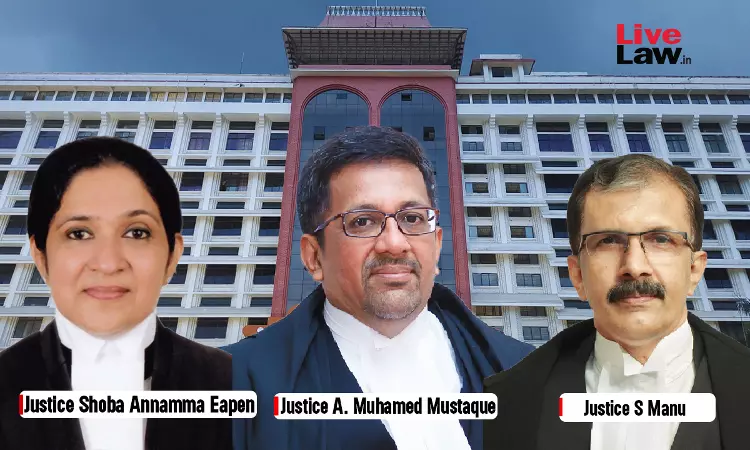The Kerala High Court has held that the All India Council for Technical Education (AICTE) has the power to prescribe the manner of appointment of teaching staff to technical institutions. A Full Bench comprising Acting Chief Justice A. Muhamed Mustaque, Justice Shoba Annamma Eapen and Justice S. Manu was answering a reference placed before it by a Division Bench.When the instant case came...

